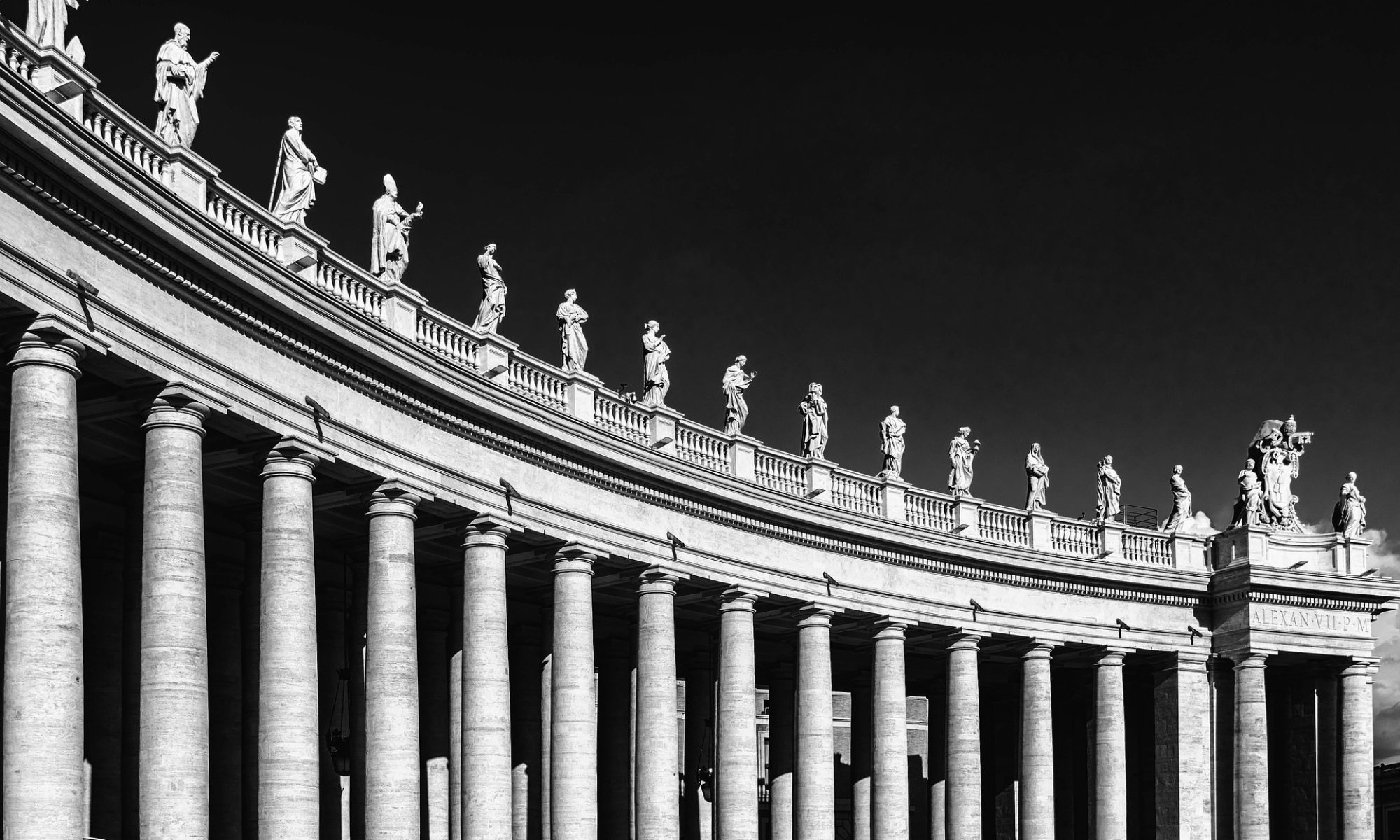April 1st, 2017
Since the beginnings of modern bioethics in the 1970s, the Roman Catholic Church has taken the hard line of defending human life from conception to natural death, protecting the concept of marriage between a man and a woman, and guarding the limits of scientific research within the parameters of human dignity. Not only did the Catholic Church strongly argue for traditional moral convictions over secular redefinitions of life and reproductive “rights”, but it also put such issues at the forefront of its action in the public arena. Those days are over. With Pope Francis we are witnessing a shift in the posture of the Catholic Church as far as public debates on bioethics are concerned.
A recent study by Luca Lo Sapio (Bioetica cattolica e bioetica laica nell’era di papa Francesco, Catholic Bioethics and Secular Bioethics in Pope Francis’ Era) documents the transition we are witnessing in the attempt by Pope Francis to invest the public voice of his church away from bioethical controversies, which clash with secular culture, and toward a number of social issues (e.g. immigration, poverty, the environment), which seem to resonate with the secular world.
What Happened to the Non-Negotiable Principles?
The differences between John Paul II and Benedict XVI, on the one hand, and Pope Francis, on the other, are becoming apparent. When dealing with bioethics, the two former Popes often spoke of “non-negotiable principles” in staunchly defending the Catholic positions on life issues. Moreover, they wanted these principles to be at the heart of the Church’s agenda in the modern world no matter how much controversy they generated in public opinion.
The official teaching of the Church on bioethical issues supported the strong stance taken by these Popes. Encyclicals like Veritatis Splendor (The Splendor of Truth, 1993) and Evangelium Vitae (The Gospel of Life, 1995), exhortations like Familiaris Consortio (The Family, 1981), documents like Donum Vitae (The Gift of Life, 1987) and Dignitatis Personae (The Dignity of a Person, 2008) all univocally pointed to the clear-cut teaching of the Church in dealing with abortion, euthanasia, genetic engineering and the like, and showed the willingness of the Church to relentlessly advocate for it.
Francis’ Detente Strategy
The outcome of such a posture was an ongoing and intense “culture war” against secular bioethics. The Roman Catholic Church has been considered a “militant” army fighting for the sacredness of life on the battlefield of bioethics. With Pope Francis, Rome has significantly changed strategy. The over-arching narrative of the relationship with the world has been modified. One of his preferred metaphors for the Church is that of a “field hospital for the wounded”. The time of “culture wars” against the West is over and the task of the Church is to convey forgiveness and mercy. The secular world is not to be fought against but cared for. From being the bulwark of the defense of life, the Church is now a place where the wounds can be healed.
How does this narrative work in his pontificate in relation to bioethics? Lo Sapio convincingly argues that Francis has little interest for “doctrinal bioethics” and is more concerned with concrete and individual life situations. His approach is existentialist, rather than theological (or content/truth-driven). He wants to be close to people, even at the cost of appearing to be less faithful to principles. He focuses on the primacy of conscience rather than the prescriptive nature of law. He wants to be a warm and welcoming pastor and has reservations over the dangers of being a cerebral and judgmental theologian. The center of gravity of his pontificate is forgiveness and mercy rather than truth and deontological ethics. His preference goes with the messiness of life rather than the neatness of systems. Rather than talking about embryos and stem cells, Francis often speaks of poor children, displaced people, and abandoned old people. Rather than condemning wrong actions, he looks for ways to go alongside people, notwithstanding the morality or immorality of their lives.
Francis is not outspokenly changing the traditional Roman Catholic positions on bioethics. The official teaching is still there. What he is doing is decentralizing its role, de-emphasizing its importance, and displacing its centrality. His overall strategy looks for ways to engage the secular West on grounds that are more palatable to it, while leaving the controversial issues to the side. Where this strategy will lead the Roman Church is difficult to know. Certainly, all those who looked to Rome for clarity, vigor, and proactive actions on bioethical issues may find it necessary to look elsewhere. Pope Francis has little time for them.
